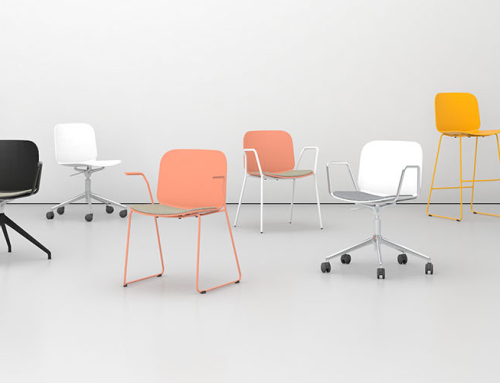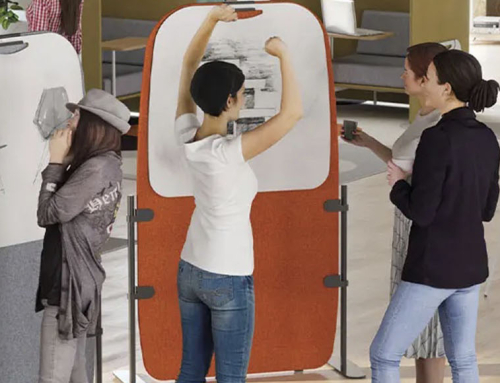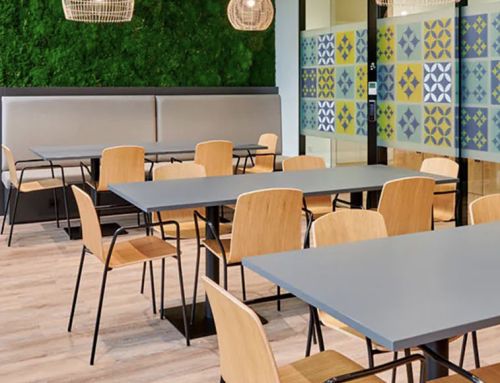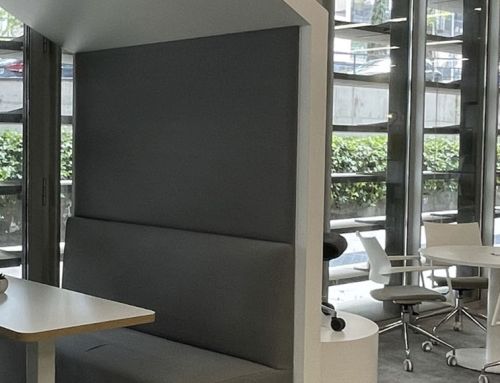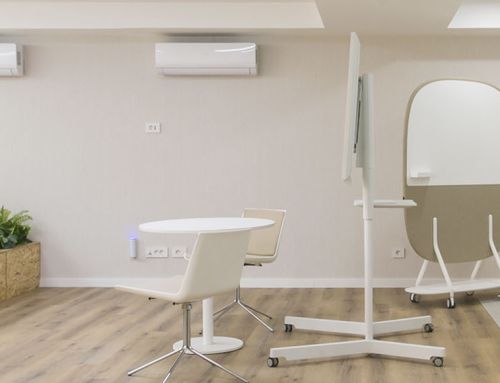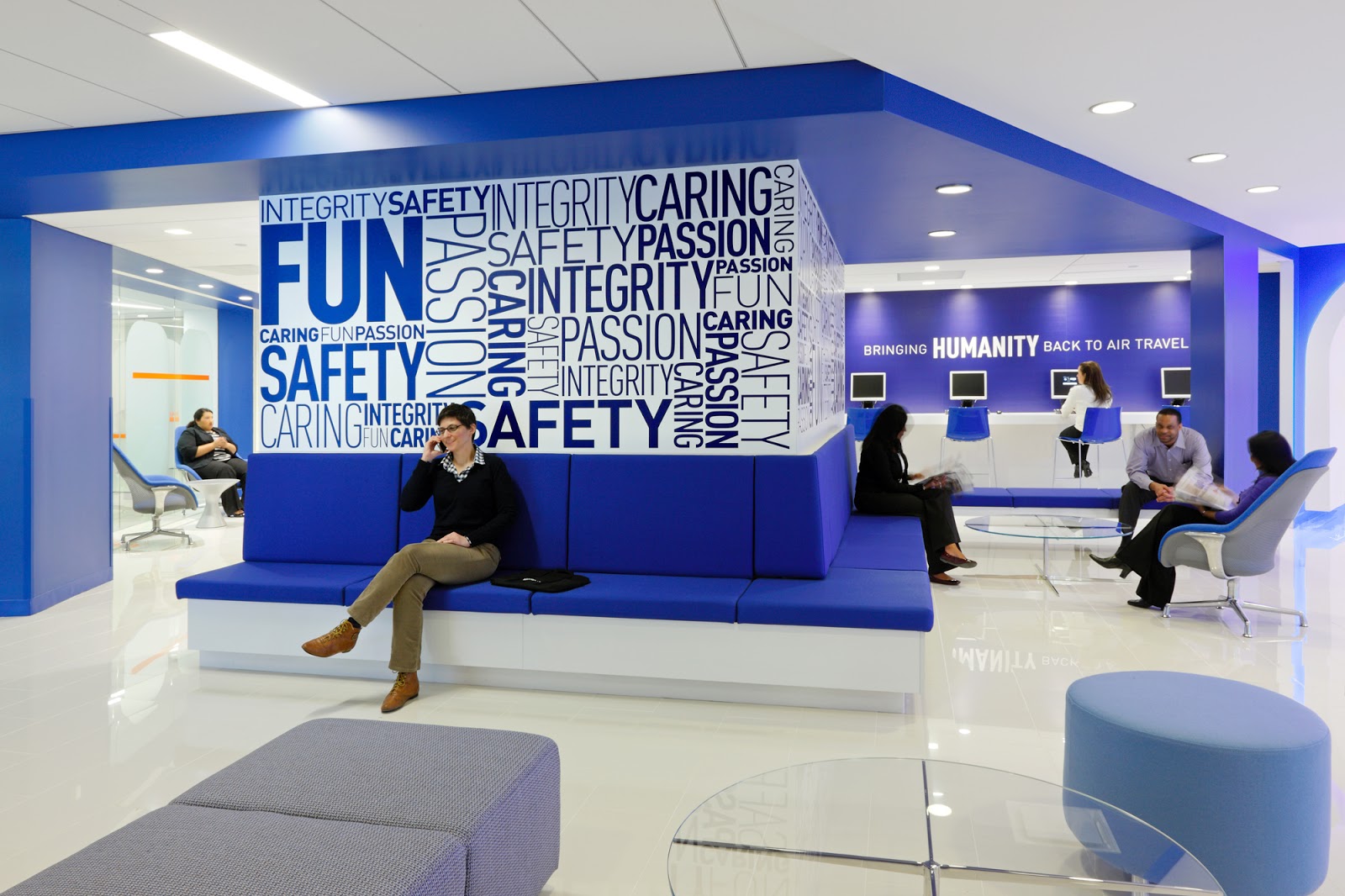
Traditional work models are no longer valid, office furniture evolves. Business cultures have changed, and technology allows us to work from anywhere at any time. The model of work relations is being rewritten, and is progressing from control towards building a new framework based on trust.
Employees demand flexible offices.
Companies are changing the way of working from a totally outdated concept. We are going from sitting at the same workstation every day, for the entire work day, to an autonomous way of working regarding space and time, where results prevail over control and presence in the office.
Flexible work translates into competitive advantages, by aligning the company’s needs with the interests of their employees. For example, according to Ofita, we are talking about increases in global productivity higher than 20%. And that also translates into offices that are designed in a completely different way.
In today’s office there is a coexistence of assigned workstations with non-territorial areas; project rooms for teamwork with areas for concentrated individual work; Phone Booths for confidential work with shared collaboration areas; and offices with informal collaboration areas and relaxation areas.
On the other hand, the office is planned depending on the actual presence of the employees rather than on the traditional allocation. 1 worker, 1 workstation.
While the number of individual offices has fallen by around 60%, the interaction areas are the spaces that are being requested the most in the design of current offices.
And what’s more, these spaces are increasingly attractive to motivate and retain an increasingly demanding talent.
In order to attract and retain the best talent it is now necessary to provide them with a work environment that responds to their expectations and needs; that inspires them and allows them to work with more freedom. According to Ofita, employees increasingly appreciate the freedom of choosing where to work depending on their needs, and for this reason they demand flexible offices that allow them to carry out different activities in different spaces.
